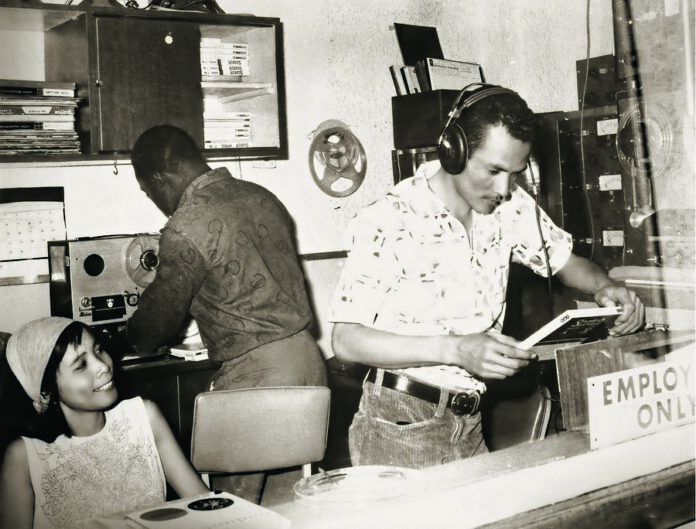
Standing at around 4 feet 11 inches, 84-year-old Patricia Chin at first presents as an unassuming figure. In reality, she is one of the giants of Caribbean music — a co-founder of the largest independent reggae record label in the world, a label that transformed the reggae music industry forever.
Her company, VP Records — named for Vincent (her late husband) and Patricia Chin — has been a launching pad for international Caribbean music icons like Sean Paul, Beres Hammond and Maxi Priest. Today, Miss Pat, as she is popularly known, rubs shoulders with mega-stars like Snoop Dogg, a reggae music fan who briefly adopted the Rastafarian-inspired name Snoop Lion, among others.
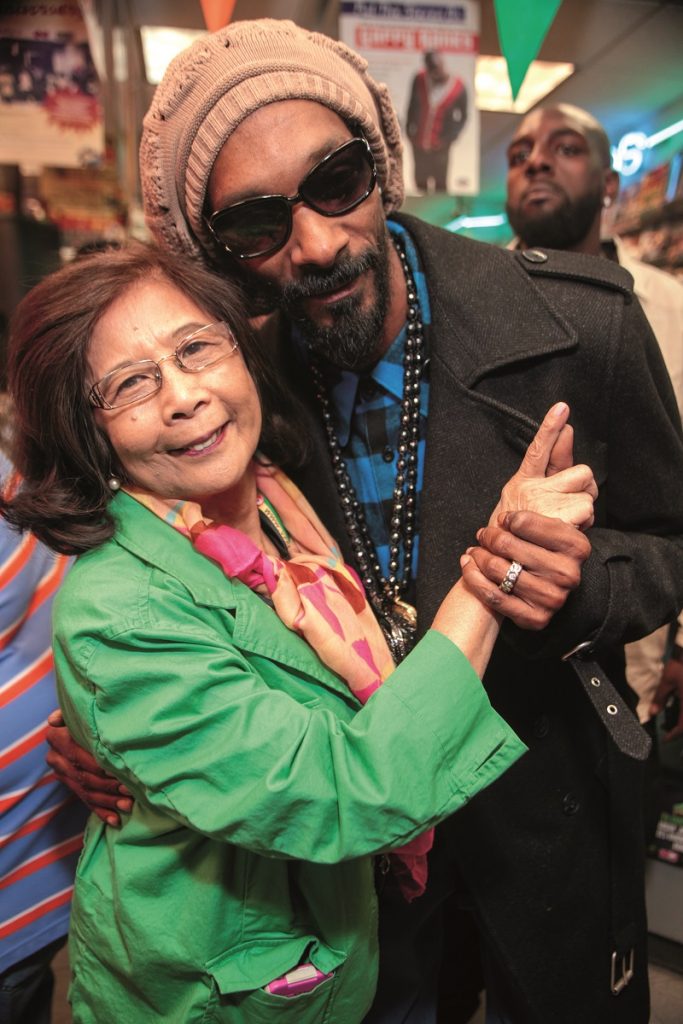
At the sunset of an extraordinarily accomplished life, she spends her time supporting the charitable Vincent and Patricia Foundation and promoting her recently published memoir. But the colorful story she shares in its pages began more than 60 years ago in Kingston, Jamaica.
Reggae Roots
As a young man, Vincent “Randy” Chin had amassed a collection of discarded 45s and LPs from his work with a jukebox company. In 1958, he and his wife, Patricia, opened up a tiny record shop called Randy’s. The location became a hotspot for the latest releases from local artists and naturally, it seemed, a recording room opened upstairs soon after, in 1965. Studio 17 provided a precious production venue for a generation of stars that would come to define Jamaican popular music.
Chin casually recounts stories of artists like Bob Marley, Peter Tosh, Gregory Isaacs, Dennis Brown, Lee “Scratch” Perry and Niney the Observer hanging around the studio and shop. “When they were doing a record, if they wanted a musician, they would call downstairs and [whoever was available] would get a job, so a lot of people used to hang around there,” she says. “It really was a hub for all musicians and music-related business.”
The songs created at Studio 17 in the early years became the soundtrack for Jamaica at a pivotal moment. “It was an exciting time because, in 1962, we got our independence,” she recalls. “It was a time for renewal — making new music — and Jamaica was really on the cusp of change.”
The island’s music reflected a cultural revolution as the new eras of ska, rocksteady and reggae genres emerged, cementing Jamaica’s identity on the world stage. Many of the artists emerging from Studio 17 gained international recognition, especially in places with growing Caribbean immigrant populations like the United Kingdom and the United States.
A New Chapter
Eventually, Chin would join the diaspora community, moving to New York with her family. “I left Jamaica in 1977 because we were going through political unrest,” she explains. “It became very dangerous to live there. A lot of riots were going on. I remember in the early 70s there were so many riots that when we opened shop, we had to close three, four times a day. It’s not possible to do business like that.”
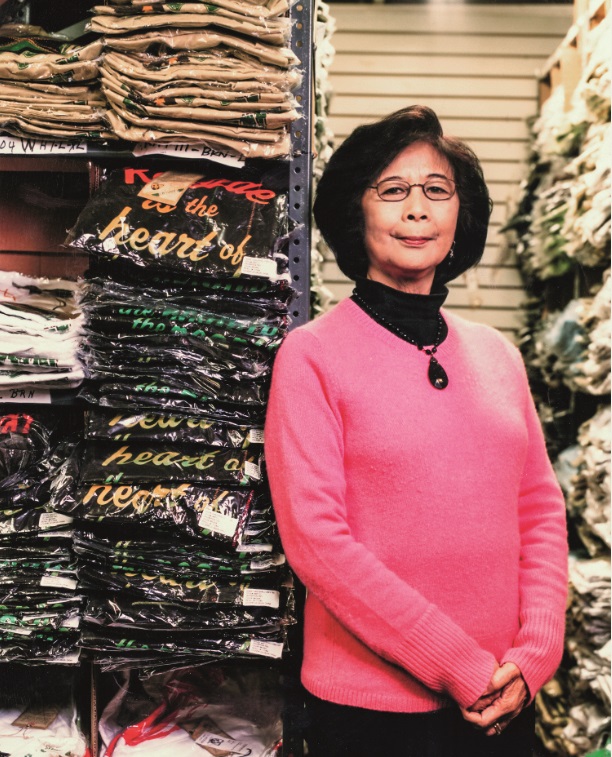
Starting all over in America was hard, but eventually, they began to rebuild, opening VP Records in Queens. “We had to learn the culture, coming from a small island. My husband chose Jamaica, Queens because it reminded him of our home country.”
The duo had to adapt to new challenges and demands. Chin refers to her role in this process as the “middle man,” as she often was the direct link between finding little-known records and distributing them to a larger audience. “We went to Brooklyn three, four times a week. There were a few Jamaican record stores out there, and we took a lot of Jamaican music.” This led to a shift in the distribution process of the store: “What we did differently is that we stocked everybody’s music, not only my label but everybody’s label. We became a one-stop.”
During her hours spent digging through crates for the next big hit, she encountered new musical territory: a Caribbean genre called “soca” that was growing in popularity among other islands. “I had to learn about soca from scratch,” Chin reflects. Instead of running from the challenge, she chose to embrace the potential and applied her business knowledge to create something new.
“We put all the soca hits on one LP. We went around to different islands when they had carnival, selected the best of the best, and called it ‘Soca Gold.’”
The series became a huge success for VP Records, spawning consecutive volumes over the years, and they’ve applied the model to the other genres they represent. Chin’s versatility and forward-thinking helped propel the company to success in the United States and beyond.
Together, Mr. and Mrs. Chin grew VP Records from a reggae outlet to the leading source for dancehall records and eventually into the world’s premier independent music label for reggae, dancehall and soca. Chin has kept her finger on the pulse of current trends. Embracing change, including musical evolution, has helped her to stay relevant and move with the times.
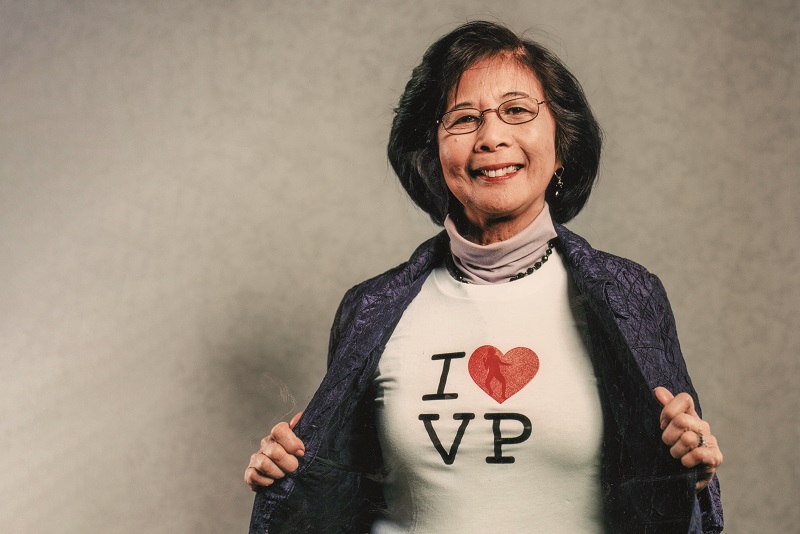
A Woman’s World
Following her husband’s passing in 2003, Chin found herself a woman at the helm of a growing empire. In the years leading up to this pivotal moment, she recalls being underestimated because of her gender.
“I spent 20 years behind the counter, so I knew all the sounds, producers, riddims, versions. Actually, I used to spin the disk on the counter too, so I was very educated in all the music.”
Despite her clear expertise, “they said I was doing a man’s job because I was doing music. But I didn’t see myself like that. Women sometimes are the breadwinners of the family, even back home.”
My work wasn’t special. I honor those people who sell fruits and vegetables on the sidewalk. I was just selling a different commodity.
She applauds women in music — like Spice, a VP Records artist who is currently one of the most prominent dancehall figures in the world — who remain at the top of the game. “We do have many female singers that are doing pretty good for themselves, so I’m happy about that.”
The Band Plays On
In recent years, she has taken a step back from running the company as her children take on lead roles. In addition to running the Vincent and Patricia Foundation, Chin spends time promoting her book, “Miss Pat: My Reggae Music Journey.” Part of the proceeds from her book go back to the foundation to “preserve and protect the culture [of] reggae, dancehall, soca, really all music in the Caribbean,” she explains.
But she still finds the greatest joy in hearing the music she helped bring to the world in the most unlikely of places. “I went to Alaska a couple of years ago,” she recalls, “and as we were getting off the ship, there was a little three-piece band singing One Love. And I thought, ‘Oh wow. Even in Alaska!’ It makes me very proud that a small island like Jamaica has been able to send out so much beautiful music.”
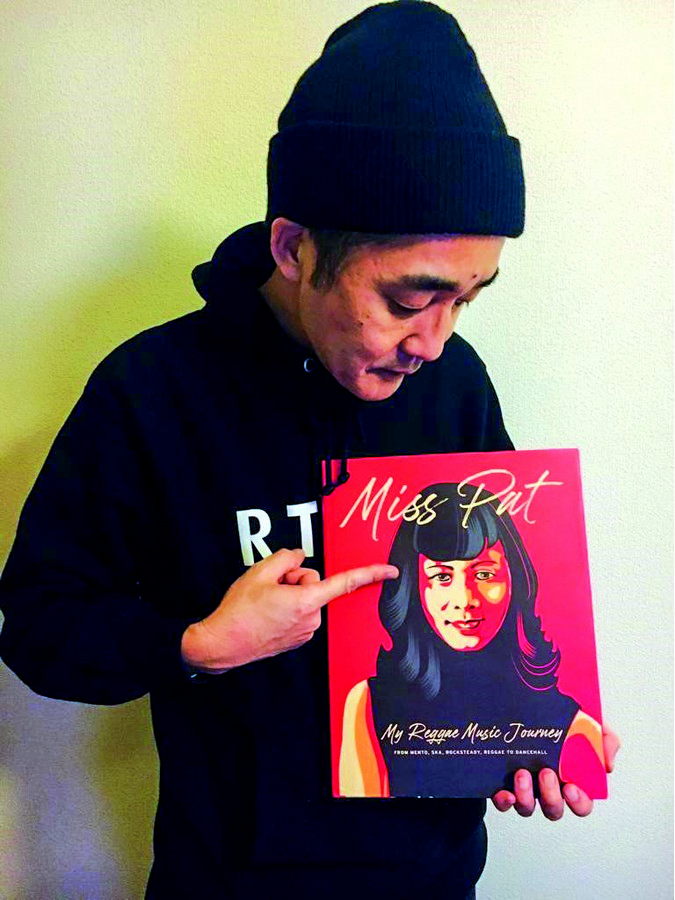
When asked why she believes Jamaican music continues to have such a strong impact in the world, Chin says, “it is the message in the music. We all go through struggles in life.” Jamaican music has helped her endure personal struggles, as well as connect with so many on an international scale. “Music will never die,” she muses. “It’s just a beautiful way of bringing people together.”







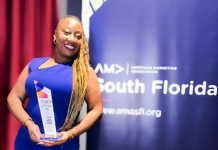






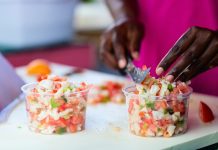
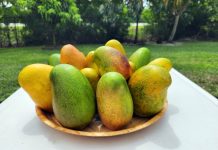







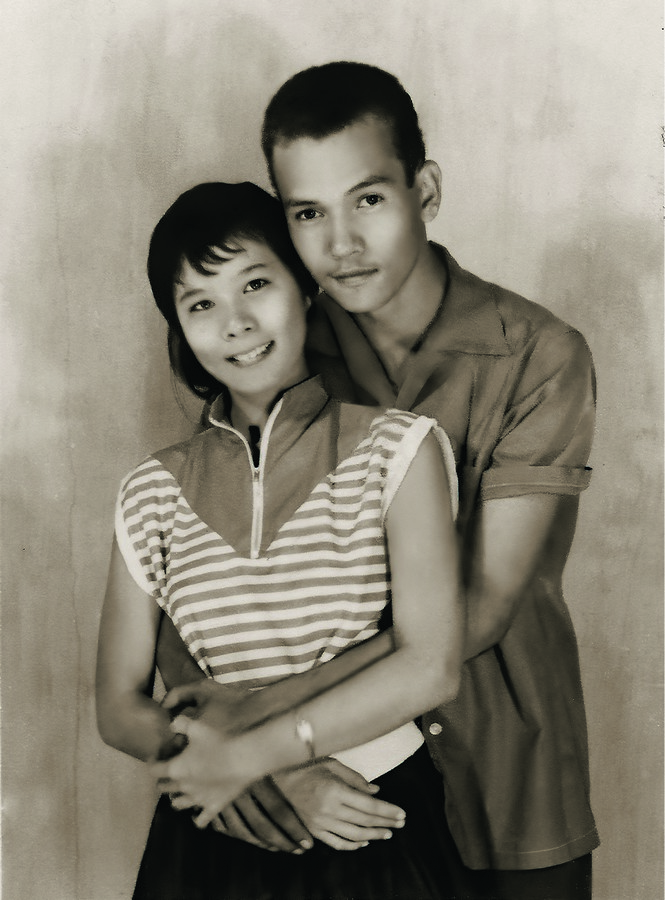
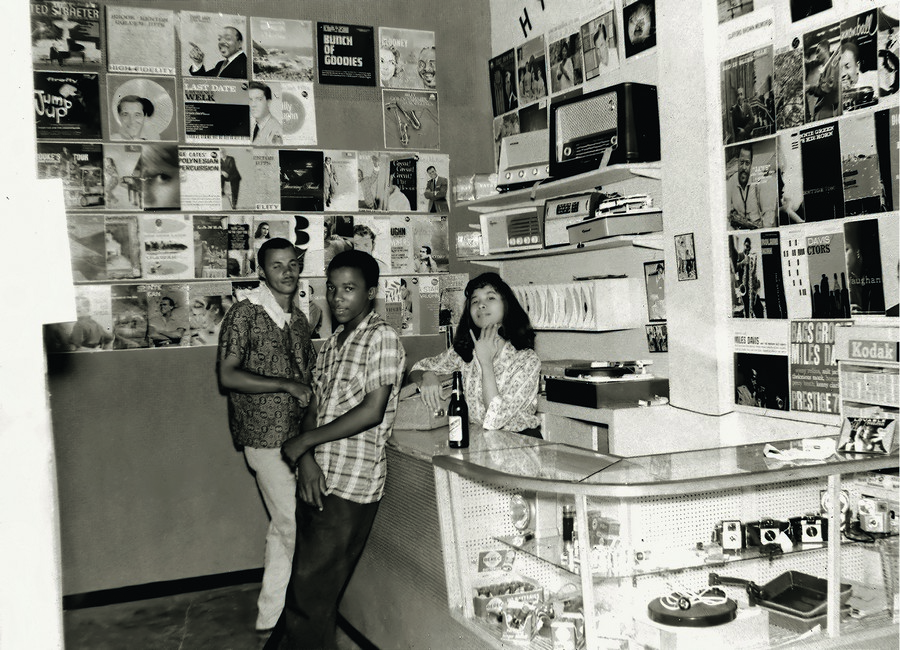
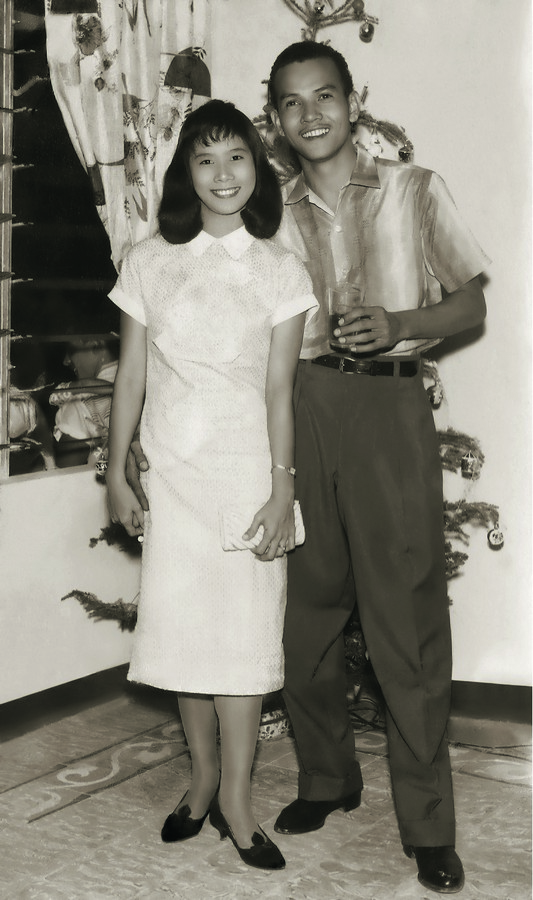
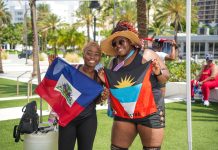










[…] Read the article on Island Origins Magazine. […]